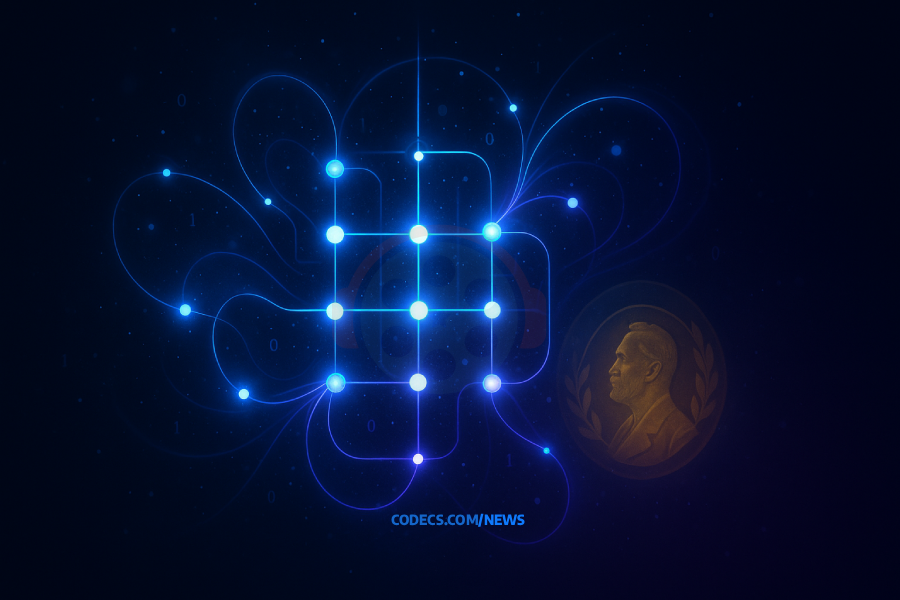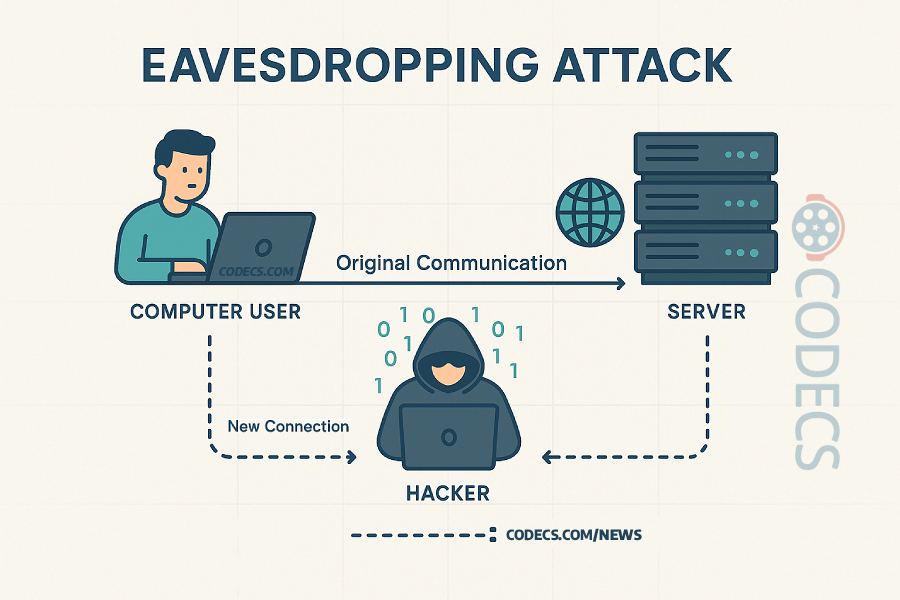The Royal Swedish Academy of Sciences has awarded the 2025 Nobel Prize in Physics to John Clarke, Michel H. Devoret, and John M. Martinis for their groundbreaking discovery of macroscopic quantum mechanical tunnelling and energy quantisation in electrical circuits - work that has become foundational to developing quantum computers, quantum cryptography, and ultra-sensitive quantum sensors.
What the Laureates Discovered
The three physicists demonstrated through experiments that quantum mechanical properties - traditionally observed only at microscopic scales - could manifest in systems large enough to hold in your hand.
Their superconducting electrical systems exhibited quantum tunneling, where particles appear to pass through barriers as if moving through walls, and showed that energy could only be absorbed or emitted in specific quantum doses.
Real-World Impact on Technology
Speaking from his cellphone after receiving the news, Clarke acknowledged the practical significance of the work:
"One of the underlying reasons that cellphones work is because of all this work."
The Nobel committee emphasized that the laureates' research from the 1980s continues enabling development of next-generation quantum technology, including quantum cryptography, quantum computers, and quantum sensors.
Mark Pearce, an astrophysics professor and Nobel Physics Committee member, explained the technology's applications include quantum computers, ultra-sensitive magnetic field sensors, and secure information encryption that resists eavesdropping.
Award Details and Ceremony
This marks the 119th Nobel Prize in Physics.
The laureates will receive their prize - including a diploma, gold medal, and approximately $1.2 million in prize money - at a formal ceremony on December 10, the anniversary of Alfred Nobel's death.
The 2025 physics prize follows the 2024 award to artificial intelligence pioneers John Hopfield and Geoffrey Hinton for creating the foundations of machine learning, demonstrating the Nobel committee's continued recognition of transformative digital technologies.












Forget Windows 11 - Linux Mint 22.3 Just Chan...
@Scott I feel you, both my PC and laptop stopped working too. I ended up installing Ubuntu just to ...
Read More →How to Download HEVC Video Extension for Free
First I tried extension from manufacturer link in directly from app, but install button was grayed out. then I ...
Read More →Don't Open .xmpeg Files Before Reading This
A downloaded torrent contained a large xmpeg file. In addition there was an mp4 video file which claimed you ...
Read More →